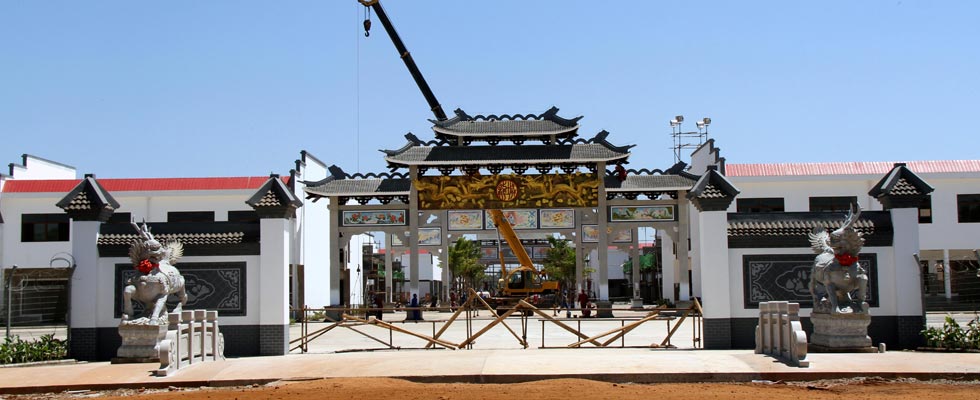
ZIMBABWE needs a well-capitalised investment bank to fund infrastructure projects in energy, communication, transport and rail sectors, among others – Bankers’ Association of Zimbabwe president George Guvamatanga said.
Report by Byron Jele
Addressing the visiting Singapore business delegation in Harare on Monday, Guvamatanga said Zimbabwe badly needed financial investment for the middle and lower classes.
“Zimbabwe finance needs long-term players and not short-term finance. Zimbabwe is the future of the region,” Guvamatanga said.
“Most of the loans that Zimbabweans receive are for importing vehicles from Japan and Singapore as most cars in this country are sold for cash. According to a recent African Development Bank report the country requires $14 billion to revamp its dilapidated infrastructure.”
Guvamatanga added: “Zimbabwe faces challenges of shortages of long-term funding, and any bank or investor willing to invest in these underserviced niches is more than likely to make a lot of money.”
He also said Singapore investors should take advantage of the opportunities that exist in the housing sector by providing funding for the middle to lower class.
Modern Singapore is a thriving centre of commerce and industry. Guvamatanga said the country should learn from China in exploring ways of providing affordable accommodation.
- Chamisa under fire over US$120K donation
- Mavhunga puts DeMbare into Chibuku quarterfinals
- Pension funds bet on Cabora Bassa oilfields
- Councils defy govt fire tender directive
Keep Reading
On average Zimbabweans were paying $400 a month on rentals yet if a structured mortgage was introduced Zimbabweans could pay around $273. Zimbabwe continues to face structural challenges in the banking sector, as non-performing loans and defaults on loans were increasing.
This according to Guvamatanga, was due to the fact that available short-term loans were being utilised for long-term projects requiring long-term capital.











